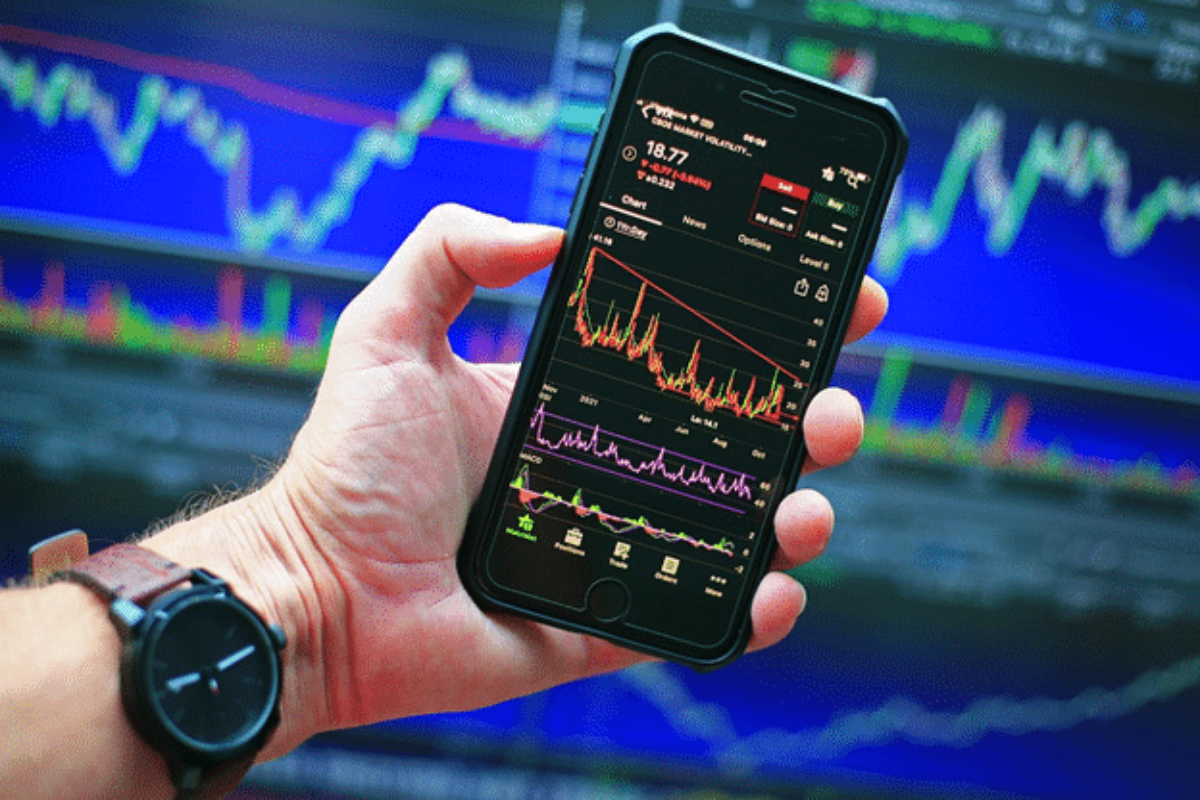

How to Choose the Best Broker?
While there is no sole correct way to begin forex trading, there are common paths that many traders take.
Understanding the ins and outs of the forex market is the first step. Typically, traders will use their new knowledge to develop a strategy and a defined trading plan, which they will test until they are satisfied with the results. That is usually the point at which they feel ready to take on the markets. However, one crucial step comes before all of this: finding the right broker!
In this article, we'll look at forex brokers, what they do, and how to find the best one for each trader's requirements.
What is a Forex Broker?
To comprehend what a broker is and what they do, we must first define the market in which they operate.
The currency market is decentralized, meaning there is no single exchange through which all transactions pass, unlike the New York Stock Exchange or the London Stock Exchange. Instead, the forex market is based on an interbank system, a global network in which financial institutions trade currencies directly.
Everyday retail traders must use a broker to gain access to this network. Brokers allow traders to buy and sell currency pairs and provide services such as leveraged trading. Brokers profit from the spread (the difference between the buy and sell prices) and other fees, such as commission charges.
Tips to Choose the Best Broker
You may have excellent forex strategies, but if your broker steals your funds, your hard work and research will be for naught. Follow these five in-depth tips on finding a great forex broker to ensure you find the right broker for your needs while avoiding scams.
- Spreads and commissions
A commission-based broker may charge a percentage of the spread, the difference between the bid and ask price of a forex pair. Many no-commission brokers make their money by offering wider spreads. Understand how your broker makes money and shop around.
For example, the spread could be fixed at three pips (a pip is the smallest unit of price change in forex) or variable depending on market volatility. Profitability becomes more difficult as the spread widens. Popular trading pairs, such as EUR/USD and GBP/USD, will have narrower spreads than less heavily traded pairs.
- Keep "Bonuses" to a minimum.
When opening a live account, avoid any "bonuses" offered by the forex broker. Here's an illustration: "Open a $1,000 account and receive a $100 bonus cash!"
Nothing in life is truly free. Accepting a bonus may cause withdrawals to be delayed because some of the money in your account is now owned by the broker. Please send an email with your account application stating explicitly that you do not wish to participate in any of their bonuses.

- Compliance with Regulations
The first thing to take into account when choosing a forex broker is their reputation. A reputable forex broker in the United States will be a member of the National Futures Association (NFA), a self-regulation organization for the futures industry.
It will also be registered with the Commodity Futures Trading Commission (CFTC), which governs the commodity futures and alternatives markets in the United States.
A flashy website does not guarantee that a broker is an NFA member or is regulated by the CFTC. A broker's NFA member number is typically listed in its website's "About Us" section. Furthermore, each country outside the United States has its own regulatory body. Accounts should only be opened with brokers duly regulated due to potential concerns about the safety of deposits and the broker's integrity.
- Currency Pairs Available
While many currencies are available for trading, only a few receive the majority of the attention and, as a result, trade with the most liquidity. Along with the previously mentioned EUR/USD and GBP/USD pairs, the major pairs include USD/JPY and USD/CHF.
A broker may offer many forex pairs, but what matters most is that they offer the pairs that interest you as a trader.
- Be aware of "Losing Trader" Testimonials.
Looking at written reviews of the broker, as well as discussion forums, should be part of your research when selecting a broker.
But be wary of these. You're likely to find fake reviews, both positive and negative unless the information comes from a credible source, and most forums are not credible sources.
Most day traders will lose money, and because most traders cannot admit this to themselves, they blame others when this occurs. Even if the writer blames the broker, just because someone complains about losing money does not make the broker they used badly.
Look up what people are saying while remaining objective. A lot of false information is spread with no credible source.
- Platform for Trading
The trading platform serves as the investor's entry point to the markets. As a result, traders should ensure that a broker's platform and software include the technical and fundamental analysis tools required and that trades can be entered and exited easily.
This last point is crucial: a well-designed trading platform will have different buy and sell buttons and a "panic" button that closes all open positions. On the other hand, a well-designed interface may result in costly order entry errors.
Customization options, order entry types, automated trading options, strategy builders, backtesting features, and trading alerts are also factors to consider. Most brokers provide free demo accounts for traders to test the trading platform before opening and funding an account.
The Bottom Line
You can devote more time and attention to analysis and developing forex strategies if you have faith in your forex broker. A little research before committing to a broker can improve an investor's chances of success in the competitive forex market.
For expert brokers to make your trading experience good, visit Wingo Markets.
